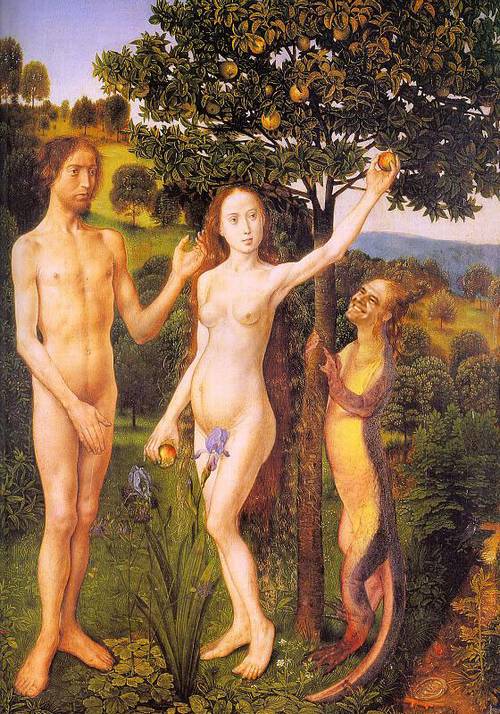
ASH WEDNESDAY: 2013
Remember, O Man, that thou art dust
Ash Wednesday is a day for the man who has
everything. Who is that? Not Bill Gates, Warren Buffet, or Michael Bloomberg?
No, it is the richest man who ever was. The man who had everything is
Adam. The matter is somewhat obscured
now in the modern liturgy but anciently the Church began on Septuagesima to
read the Bible from the beginning, the Book of Genesis. Which meant that in
weeks prior to the beginning of Lent the heads of Christian folks were filled with
the stories of the Creation, of the Fall, of Cain and Abel, of Noah and the
Flood.
There is the program for today and the next
forty days and forty nights.
First, to remember that God
created us in His image and likeness and, as the Introit and Collect today
insist, He does not hate anything that he has made. The first fact of Lent is
not our sin but the creative love of the Father: who not only created us but
created all things for us and then said ‘behold it is good, very good.’
Only when we have that straight will we realize
the depth of our rebellion. Given everything, we not only talk to a snake, we
believe him. We are refugees from Paradise. All things made to serve us but we
eat the apple not because we are hungry because God told us not to. That is why
we fast, not out of disdain for God’s good creation, but because our first
parents could not decline that piece of fruit.
Can that little apple really make that much
difference? Ask Abel. Human history, our history, is littered with dead bodies,
physical and metaphorical, as a consequence of Adam and Eve’s appetite.
In the ages of the Church, when she was more
confident and secure than she is now, notorious sinners were cast out of the
Church during Lent, so we would all remember that we are ‘poor banished
children of Eve.’
The Flood, Noah and the Ark are types of the Cross,
Baptism and the Church: Remember, as St. Peter tells us in his First Epistle:
"In the days of Noah eight souls were saved by water, whereunto Baptism
being of like form, now saveth you also ."
The just wrath of the Creator drowned the guilty
world in the vengeful waters of the flood, only Noah being saved in the ark. It
was the wood of the ark which saved the human race and it is that wood of the
Cross which in its turn, saves the world. "Thou alone," says the
Church, speaking of the Cross, "hast been found worthy to be, for
this shipwrecked world, the ark which brings safely into port." The open
door in the side of the ark by which those enter who are to escape from the
Flood, and who represent the Church, are as is explained in the liturgy, a type
of the mystery of redemption; for on the Cross, our Lord had His sacred side
open and from this gate of life, went forth the sacraments, giving true life to
souls. Indeed the blood and water which flow from thence are symbols of the
Eucharist and of Holy Baptism.
So that we will remember the Church puts before
us the Catechumens, those preparing for baptism at Easter. So we will remember
that we are also beginners and so that we will begin again.
The words which were addressed to Adam are now addressed
to us: “dust thou art and unto dust thou shalt return”. The words are not just a thoughtless insult
spoken in anger but rather they are diagnostic. God made us to be men who have
everything. But having rejected that we are nothing. Still the very same choice before Adam is
before us, the stark choice of toda
or nada, everything or nothing.
Remember, O Man, that thou art dust

No comments:
Post a Comment